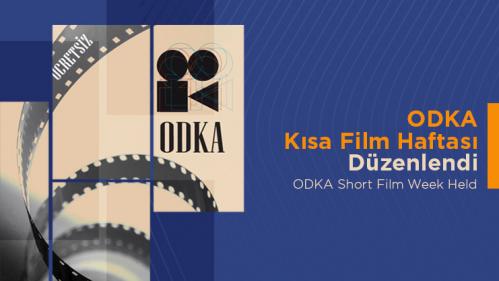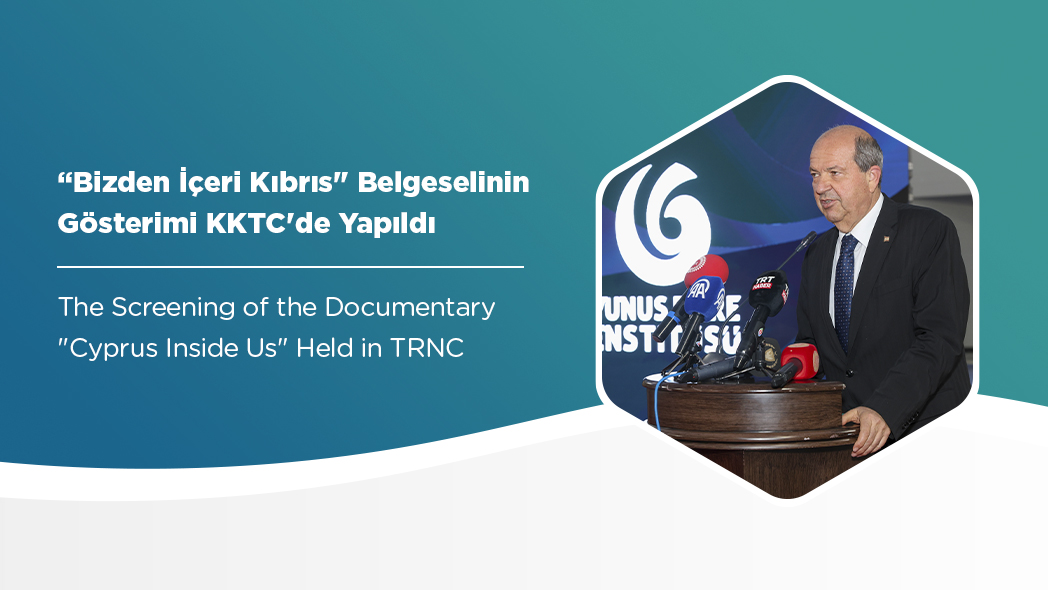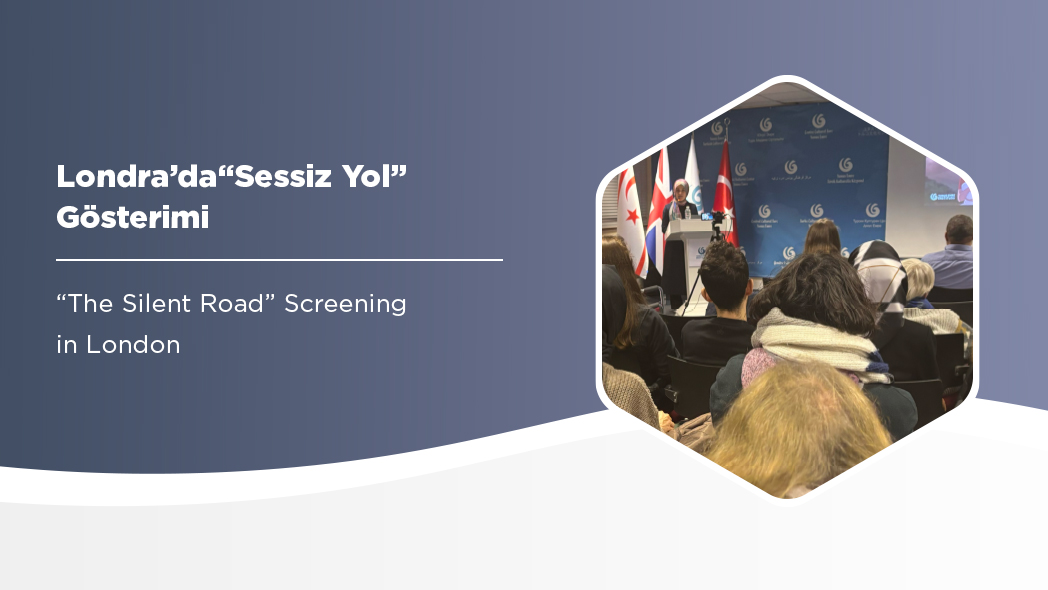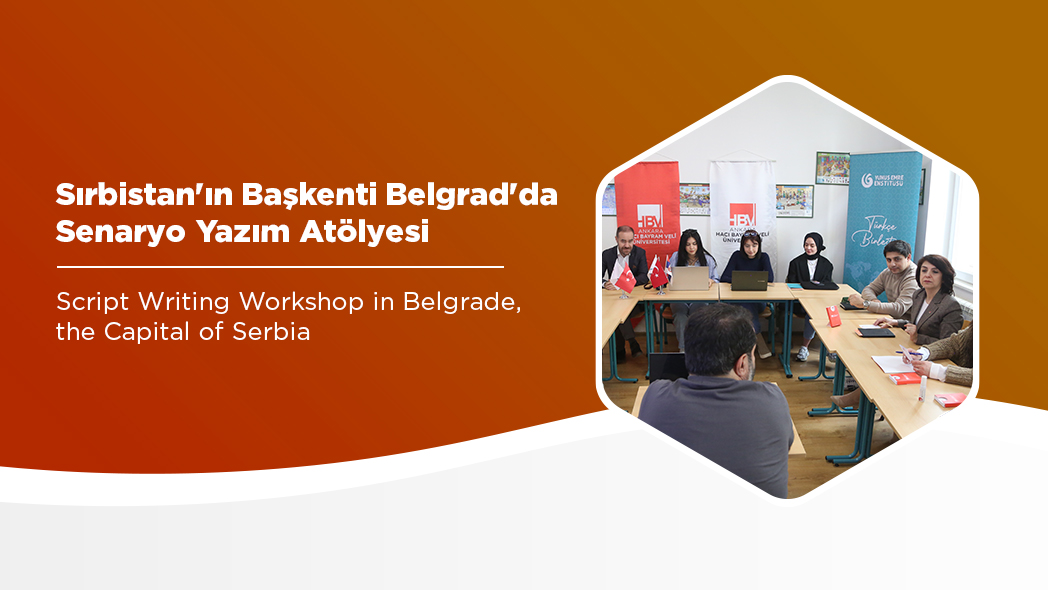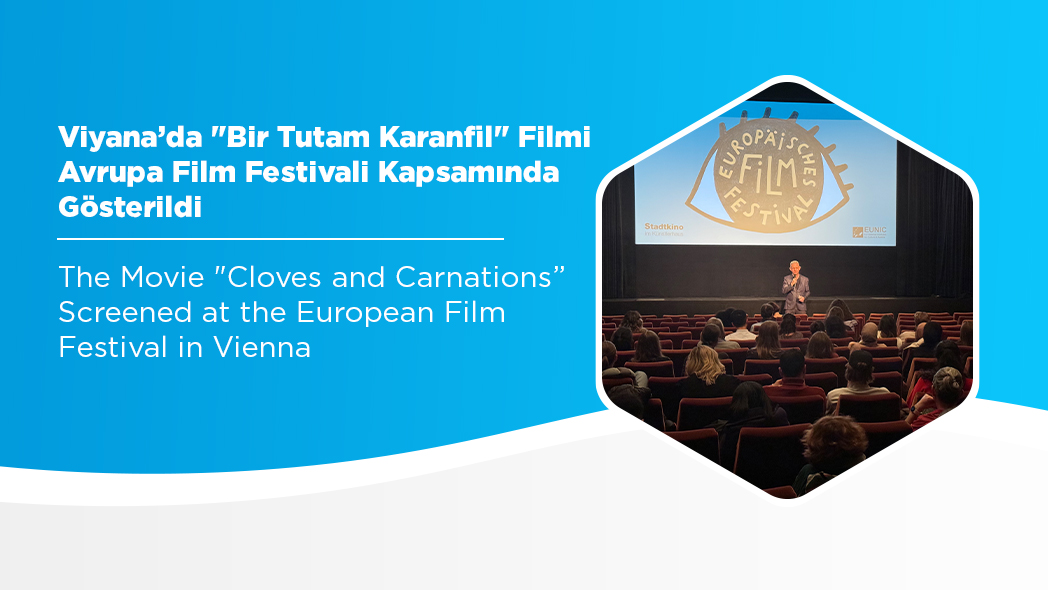ODKA Short Film Week Held
Middle East and North Africa Short Film Week was organized by Yunus Emre Institute on June 7-11, 2021. 10 Turkish and 10 Arabic films were screened at the event.
Middle East and North Africa Short Film Week (ODKA Short Film Week) was held by Yunus Emre Institute (YEI). Award-winning 10 Turkish and 10 Arabic short films, which have participated in international festivals, were screened at the online short film week. The short films were watched via odka.eventive.org on June 7-11, 2021.
Middle East and North Africa (ODKA) Short Film Week organized by Yunus Emre Institute started with the opening program that was streamed live.
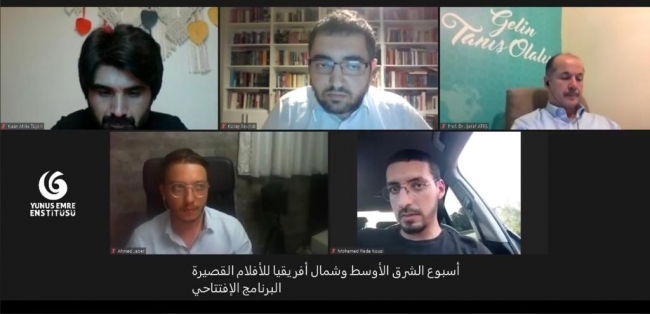
YEI President Prof. Şeref Ateş, Screenwriter Suat Köçer, Turkish Director Atilla Taş, Jordanian Director Ahmed Jaber and Moroccan Director Muhammed Reda participated in the program which was moderated by the Istanbul Medeniyet University Faculty Member and Director Koray Sevindi and was streamed live through the social media accounts of Yunus Emre Institutes in Arabic countries.
Ateş gave a speech at the program and emphasized that YEI was the bridge between Turkey and the world and contributed to the establishment of strong cultural bonds.
Prof. Ateş underlined the role assumed by YEI with respect to the words of Yunus Emre, "Come, let us meet", and emphasized the importance of cinema, one of the tools of intercultural interaction.
"WE WORK FOR ENHANCING THE INTERPERSONAL AESTHETIC UNDERSTANDING AND BOND"
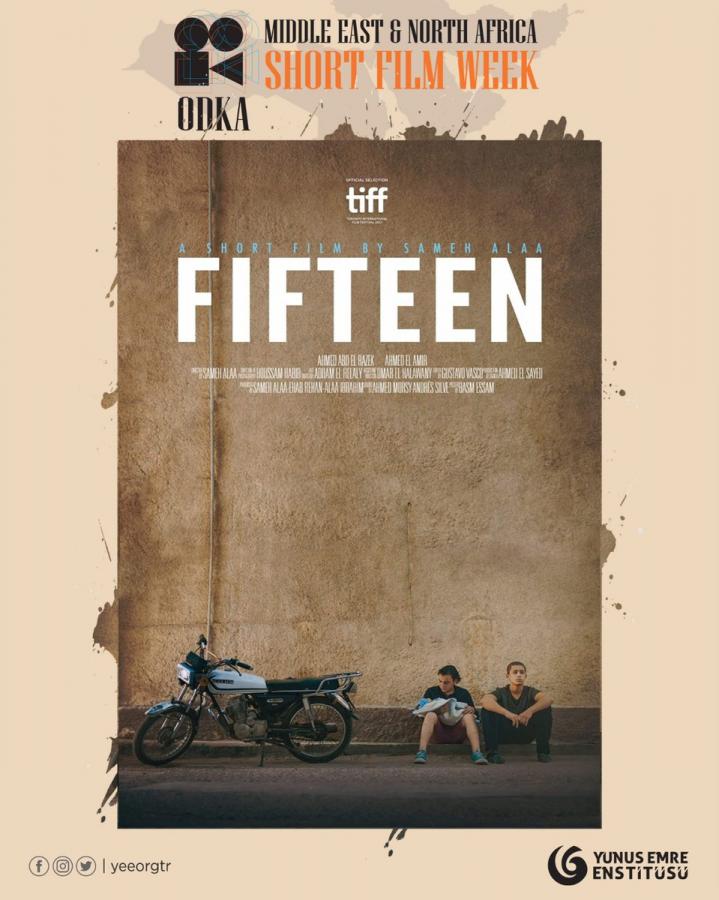
In his speech, Prof. Ateş said: "This is the 700th year of Yunus Emre's death. Thus, through the perspective of Yunus Emre, we not only work to enhance the Turkish literature, culture and art but also to enhance the interpersonal aesthetic understanding and bonds. In this respect, with the motto of "Come, let us meet", we perceive each human being we interact with as sprits in essence. Because, as per our understanding in Anatolia, people are created with different languages, different perspectives and cultures, and even with different religious beliefs. However, all of these are fundamentally for humans to understand their own essence and other living beings."
"WE WANT TO SHARE THE BENEFACTION THROUGH ART"
Ateş mentioned that they have organized thousands of events as Yunus Emre Institute during the pandemic and said:
"Culture has many sub-branches. As Yunus Emre Institute, we want to share our fundamental aesthetic understanding, that is, benefaction and beauty, through art. According to us, cinema overlaps with our philosophy, differently than the other branches of art. Because cinema is knowing humans, knowing and accepting them as they are. Cinema especially enhances the tolerance and understanding in people.
Each director and each screenwriter simply advocate for each character and reflect their perspective. In this respect, cinema and film events, screenwriting events are quite valuable. On the other hand, they are also important in terms of developing creativity and abstract thinking in order for 7 billion people to live in peace.
SHORT FILM CONTEST FOR THE 700TH DEATH ANNIVERSARY OF YUNUS EMRE
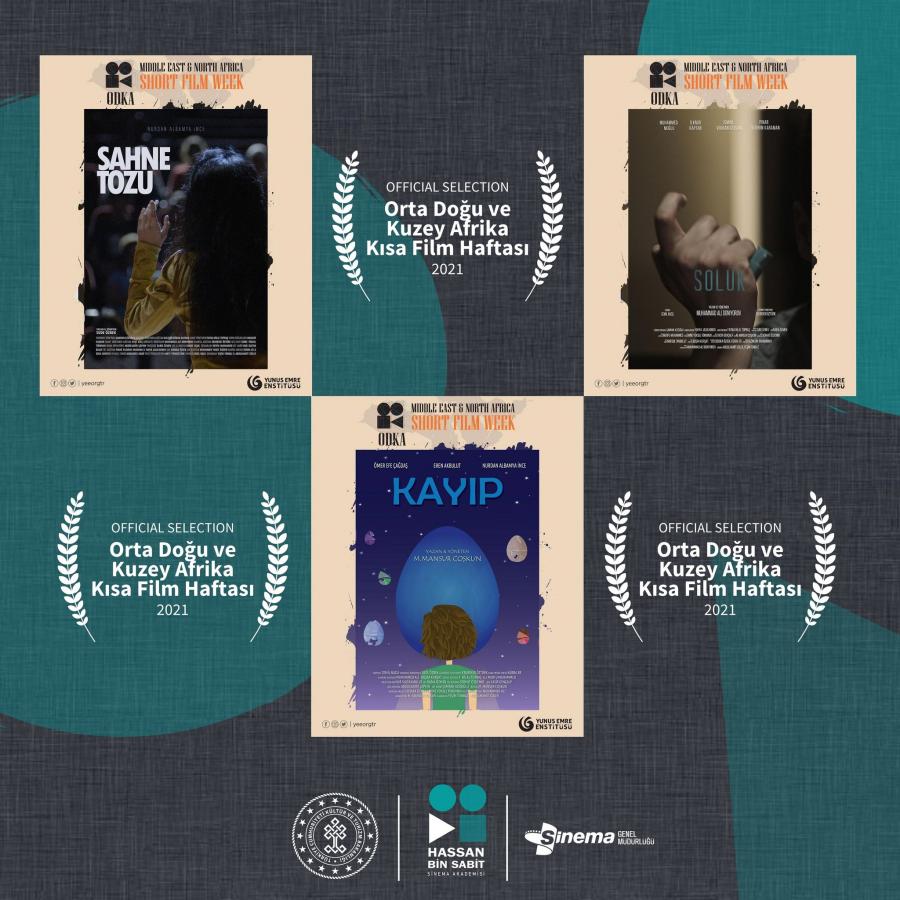
Ateş emphasized the thousands of years long common culture of Turkish and Arabic geography in storytelling such as A Thousand and One Nights and stressed the importance of union and common ground in respect of cinema, the story of the modern age.
In addition, Ateş mentioned that they wanted to organize an international short film contest for the 700th death anniversary of Yunus Emre.
"UNCONSTRAINEDNESS WILL CAUSE TROUBLE FOR TURKISH CINEMA"
Screenwriter Suat Köçer mentioned that he personally witnessed the contributions made by and activities organized by Yunus Emre Institute to culture and art in recent years and spoke highly of the Institute's progress in the field of cinema.
Köçer stated that Turkish cinema became the main topic of conversation across the world with its success in recent years and that it was important to sustain such success in all fields of cinema.
Köçer mentioned that Turkish cinema was growing and expanding in an unconstrained and unplanned manner and said, "This, of course, may mean enthusiasm and dynamism at the moment. However, this unconstrained nature in the long-term will cause trouble for Turkish Cinema in various respects and raise important difficulties in its path.".
Köçer continued:
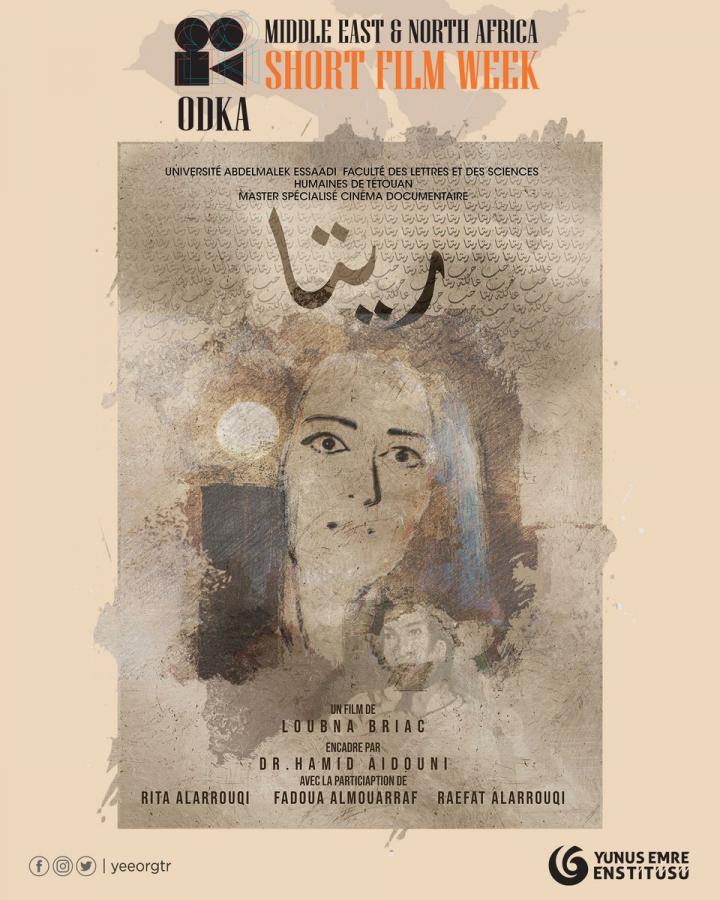
"The potential of Turkish cinema in the sector, the rapid development in this field with the increasing interest of the young population in cinema and the expansion of this art in Turkey with every passing day, that being said, the creation of its own facilities, development of technical infrastructure, innovations in technology and rapid integration of Turkey to these, and on the other hand, several responsibilities and advantages brought by the vastly deep and important grand Turkish culture going back centuries... I think that when we consider all these, Turkey has a very serious potential and that this potential must be internationally reflected in the fields of culture and art, just like in politics.
I think that since Turkish Cinema cannot currently solve its fundamental chronic issues within itself, an unconstrained mechanism will emerge in the long-term, that the Turkish filmmakers must realize and comprehend the responsibility, this heavy burden they have, and within this context, solve its fundamental problems and bring Turkish Cinema to the international arena in the best possible way and carry it the farthest, and that the countries in the close vicinity of Turkey need a Turkish cinema that recognizes its own history, culture and belief, just like they need the political and economic power of Turkey.
"I WANTED TO EXPRESS THAT WE WILL ALWAYS HAVE HOPE"
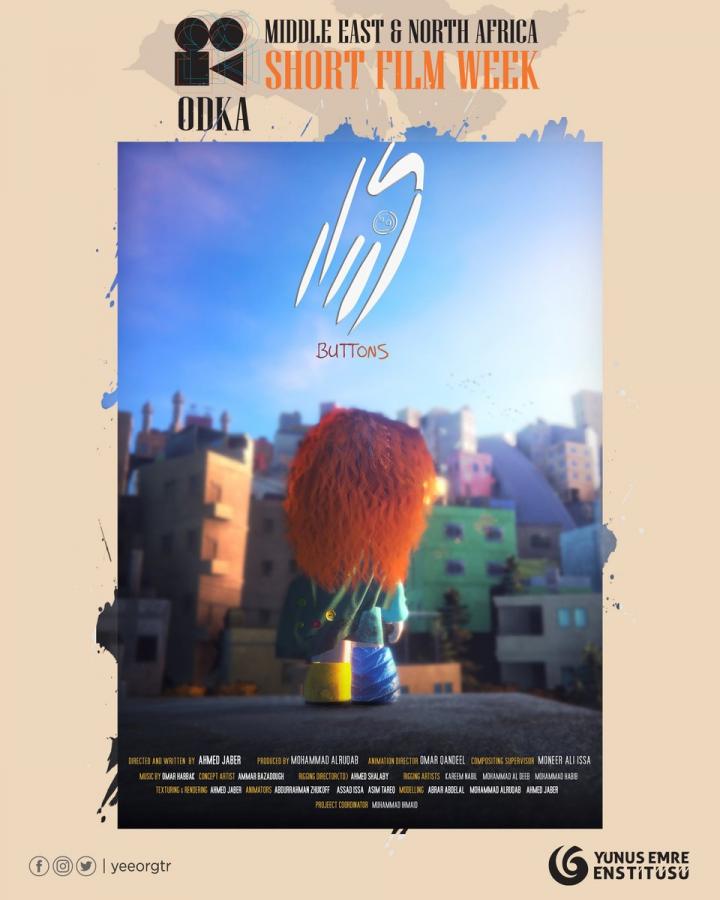 Ahmed Jaber, who participated with the animation film Azrar (Buttons) from Jordan within the scope of the film week, said: "In this film, which tells the story of an angry man selling ice cream and a poor girl who wants to buy ice cream with her buttons, I wanted to express that small objects that we see every day, such as buttons, will be a source to embellish ourselves even if we live through all kinds of terrible experiences, that we will always have hope, and that everything can change even with just a button.".
Ahmed Jaber, who participated with the animation film Azrar (Buttons) from Jordan within the scope of the film week, said: "In this film, which tells the story of an angry man selling ice cream and a poor girl who wants to buy ice cream with her buttons, I wanted to express that small objects that we see every day, such as buttons, will be a source to embellish ourselves even if we live through all kinds of terrible experiences, that we will always have hope, and that everything can change even with just a button.".
Kaan Atilla Taşkın, who participated in the film week from Turkey with the film "Tükeniş" (Extinction), said: "Previously, I shot a documentary about the struggle of the old women in the highlands of the Black Sea. In Extinction, I tried to tell the story of an old women stuck in the modern city and her yearning for the nature and earth.
Muhammed Reda Kouzi, who participated in the film week from Morocco with his film "180°", said: "The lead actress in the film has her face scarred because of an accident and because of that she behaves timidly. This person has a wardrobe, a treasure/box of her own. She has a character that fights, struggles with itself, that constantly asks itself whether to open that wardrobe. In fact, I used that as a metaphor. Because, we all have a dark side within, and we may all ask ourselves everyday whether to open this dark side of ours.".
SHORT FILMS SCREENED AT THE ODKA SHORT FILM WEEK
Four films were screened each day within the scope of the film week. The access for the films were open for 24 hours for participants from Lebanon, Palestine, Jordan, Egypt, Qatar, Morocco and all other Arabic speaking Middle Eastern and North African countries. Through the social media accounts of the Institute, film lovers had the opportunity to watch live the interviews with directors and producers within the scope of the film week.
Some of the films screened at the ODKA Short Film Week are as follows:
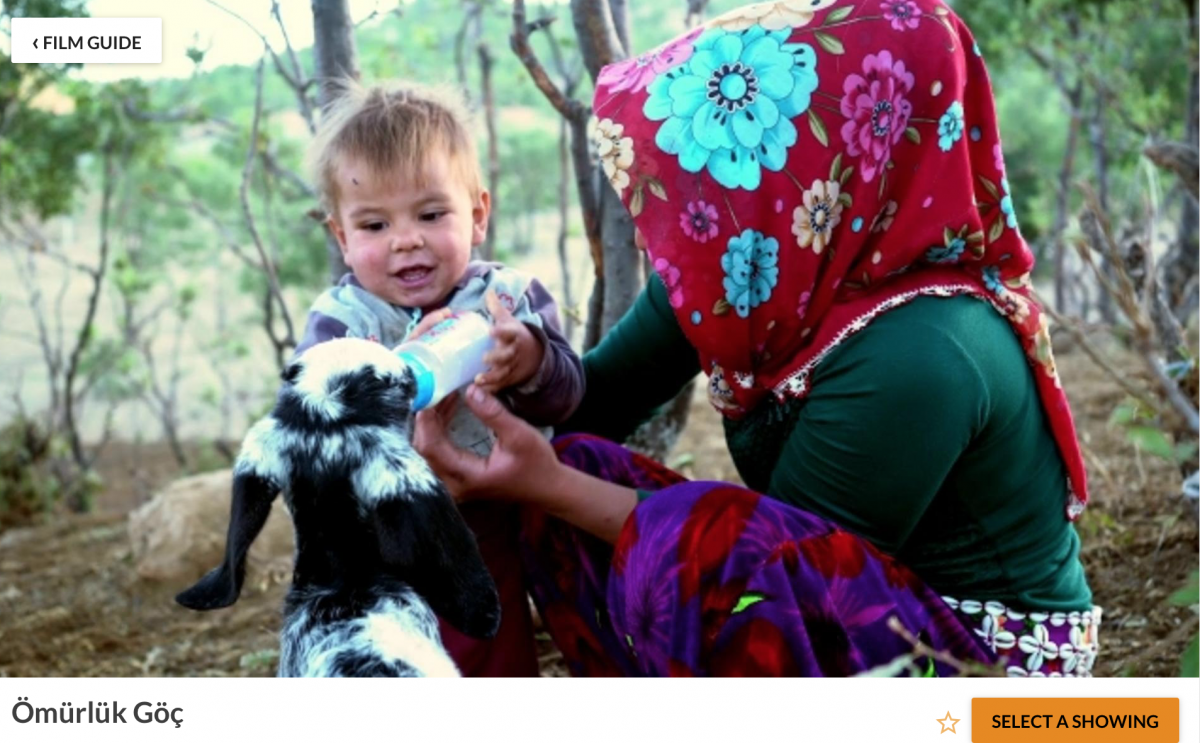 180°
180°
Azrar
Beirut Terminus
Cadence of the Valley
Dactylo
Fifteen
Kayıp (Lost)
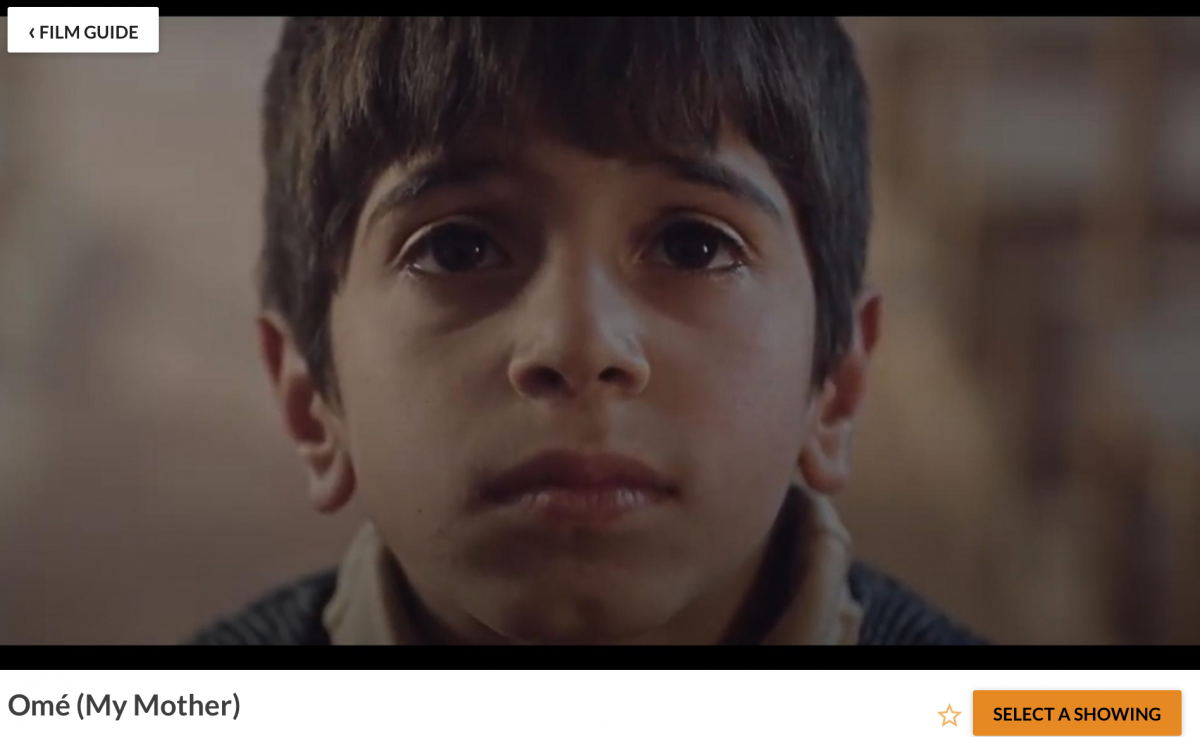 Mahallenin Bazı Kedileri (Some Cats of the Neighborhood)
Mahallenin Bazı Kedileri (Some Cats of the Neighborhood)
Naftalin (Naphthalene)
Ne Uzak Ne Yakın (Neither Far nor Close)
The Old Man and the Mountain
Ome (My Mother)
Ömürlük Göç (Lifelong Migration)
Rita
Sahne Tozu (Stage Experience)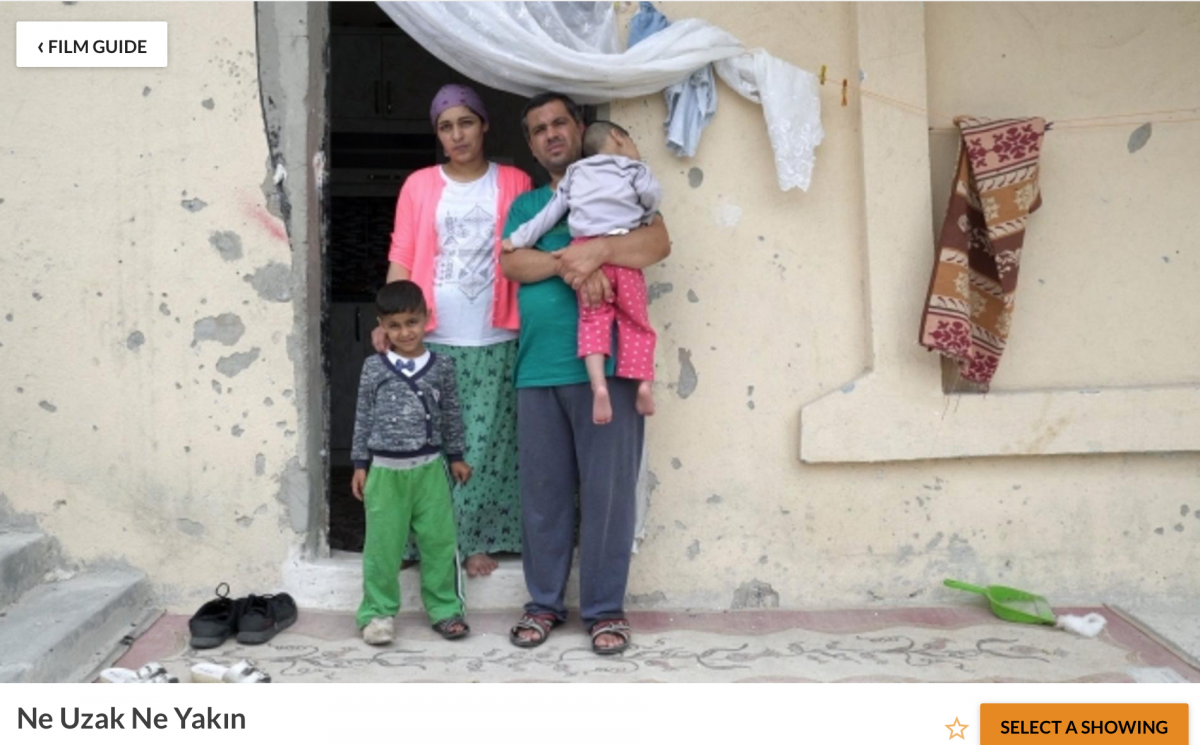
Soluk (Breath)
Step By Step
Tepetaklak Cinayet (Upside Down Murder)
Tükeniş (The Extinction)
Uzun Sürmüş Bir Filmin Kısası (A Short Film Lasting Long)

